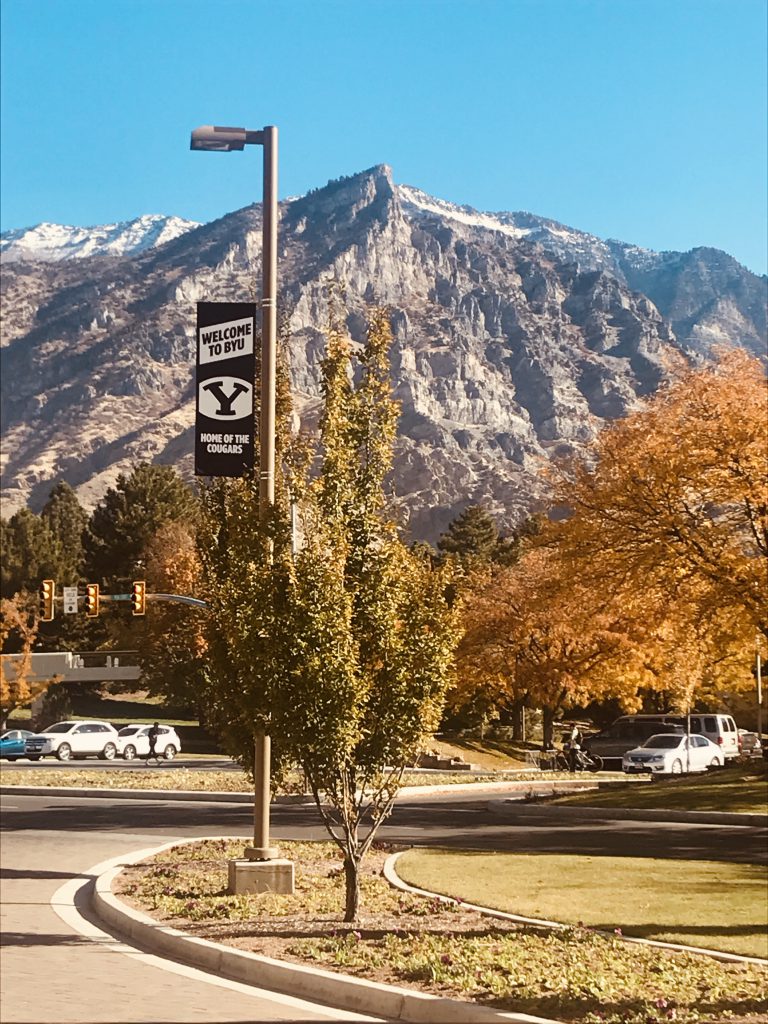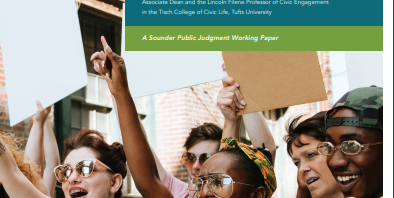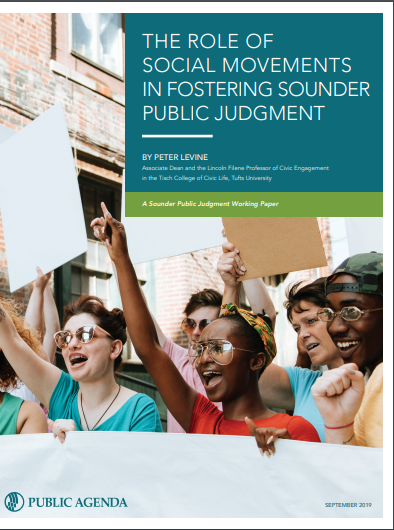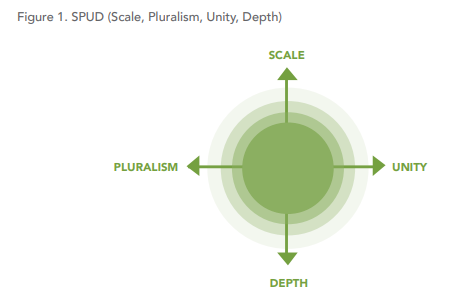- Facebook72
- Twitter1
- Total 73
(Washington, DC) At today’s Deliberative Democracy Consortium’s Research & Practice Meeting on “Deliberative Democracy and Human Cognition,” Shawn W. Rosenberg made a point that I have often considered but never expressed.
Here is the background to the point: A broad range of people in many advanced democracies are potential supporters of ethno-nationalism (which means racism in the United States), autocratic leadership, and hostility to opposition parties, a free press, and intellectual critics. In a contest with liberal democratic values, this combination has built-in advantages. It is simpler, less cognitively and emotionally demanding, and more affirming of the people who belong to the ethn0-nationalist in-group.
In the United States, the chief representative of that combination is Donald J. Trump. But he lost the popular vote in 2016 and has never surpassed 45.5% popularity in the polling average. I think this is because he combines the globally ascendant right-wing authoritarian package with: personal indiscipline and frequent incompetence, laziness, blatant small-bore corruption and nepotism, a failure to retain the loyalty of his lieutenants, ignorance of the structures of power, a superficial grasp of his own ideology, and a rhetorical style that impresses only a small minority of Americans (a subset of his own voters).
If and when we face a right-wing authoritarian “populist” who moderates his (or her?) rhetoric skillfully, deploys resources efficiently, develops and implements strategies, sacrifices some personal needs and interests for his ideology, and manages the White House competently, we will be in deep trouble.
On the other hand, we might prove lastingly fortunate if this special moment of opportunity for white nationalism in America (while the national majority is still white but perceives status threat*) is dominated by a man who happens to be very bad at his job.
See also: Trump at the confluence of populism, chauvinism, and celebrity; fighting Trump’s populism with pluralist populism; pluralist populism; is Trumpism akin to the European right? etc.
*Whether status anxiety explains the 2016 election is controversial; but even if it doesn’t, the anxiety still seems palpable.




